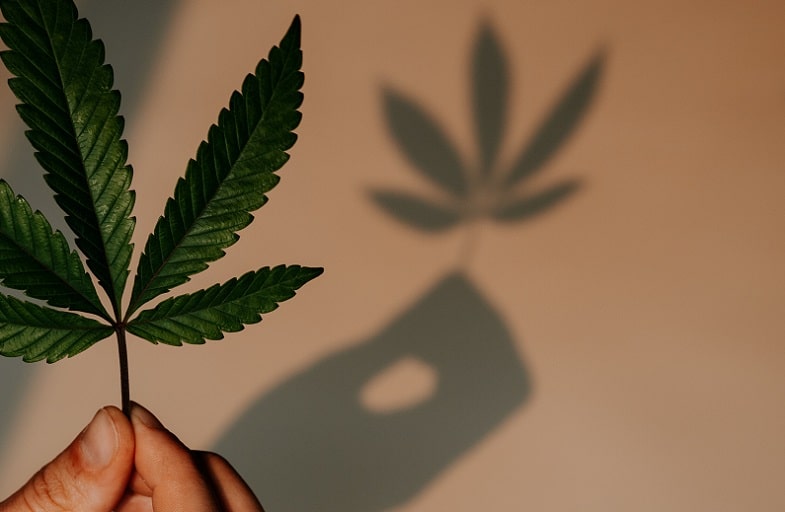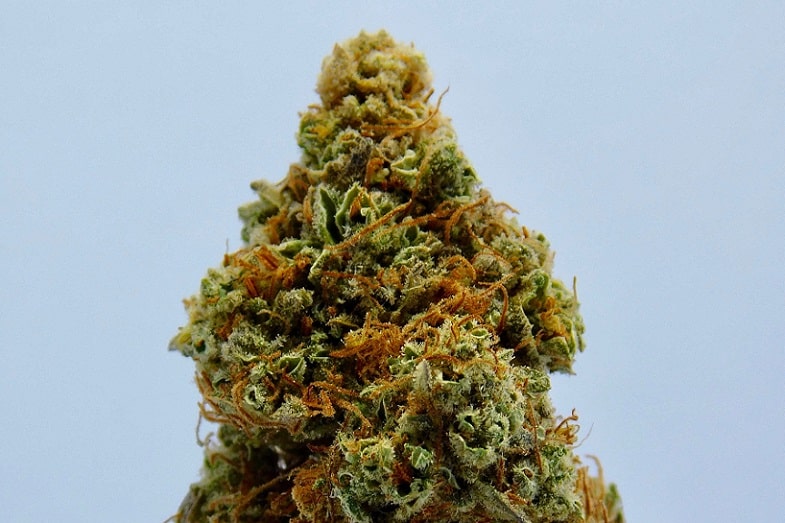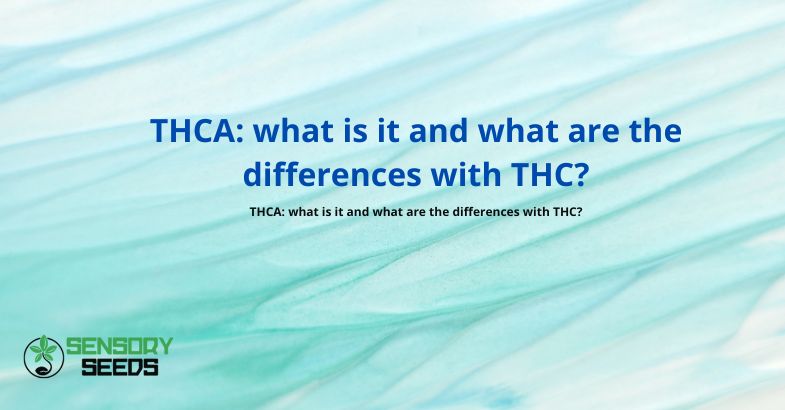Published on: 15/07/2023
THCA: THE CANNABIS MOLECULE THAT DOESN’T GET YOU ‘HIGH’, BUT COULD HOLD INTERESTING SURPRISES
THCA (Tetrahydrocannabinolic Acid) is a non-psychoactive cannabinoid found in the cannabis plant born from cannabis seeds. This chemical compound occurs naturally in the plant and is converted into THC (Tetrahydrocannabinol), the main psychoactive cannabinoid, through a process of decarboxylation.
Yes, you got that right: in raw plants, there are no obvious traces of THC, only THCA, which is then transformed into the psychoactive substance by a process involving light and heat.
Thus, THC is known for its psychoactive properties, while THCA has no psychoactive effects. But, then, why are we here talking about it?
Because the cannabis plant has an infinite number of secrets that are only recently beginning to be the subject of preliminary studies to shed light on them. In particular, attention is being focused on some possible therapeutic effects of THCA.
What is THCA and how it is formed
Cannabis born from feminized seeds produces over a hundred types of cannabinoids, some of which have very interesting prospects of use. THCA is formed from CBGA (cannabigerolic acid), another cannabinoid found in the cannabis plant, and a precursor to the others. CBGA is transformed into THCA through a process called dehydrogenation. This process occurs naturally during the ripening of the cannabis plant.
Read also: All you need to know about cannabinol


Potential properties of THCA
THCA is a molecule that researchers are working hard to test for its potential therapeutic properties. Some studies have indicated that THCA may have anti-inflammatory, anti-emetic and neuroprotective properties. However, this research is still being evaluated and further data will be needed to confirm it.
It has also been suggested as a possible anticonvulsant agent. Some studies have indicated that THCA may have a positive effect on reducing convulsions in certain types of epilepsy.
If the effects were to be confirmed, how could cannabis of weed seeds be consumed to assimilate THCA and exploit its properties?
THCA can be consumed through the use of cannabis-derived products such as oils, tinctures and capsules. These products are available in some states where cannabis is legal for medical or recreational use.
THCA vs THC: the differences
As mentioned earlier, THCA is converted into THC through a process of decarboxylation. You’ve certainly heard a lot more about THC because it is the main psychoactive cannabinoid present in the cannabis plant.
THC causes the effects that are typical of cannabis, such as euphoria, feeling of relaxation and altered perception of time and space. But THC is also known for its medical properties, such as anxiety reduction and pain control, and its potential use as a sleep management aid.
But back to our friend THCA. As you may have guessed by now, this molecule has no psychoactive effects and all interest is focused on its potential therapeutic properties. Compared to THC, this molecule has an extra carboxyl ring, which does not allow it to bind to those brain receptors that are responsible for the ‘high’ effect experienced by those who consume mature, THC-rich cannabis. In practice, it is possible that we could enjoy beneficial effects on a par with THC, but without suffering changes in concentration and lucidity.
The potential properties of the cannabinoid featured in this article have not yet been confirmed by large clinical studies.


How THCA decarboxylation occurs
The decarboxylation of THCA is a key process in the transformation into THC. This process involves applying heat and pressure to THCA to release the carbon dioxide and transform it into THC. Decarboxylation can be carried out through various methods, including baking, vaporization or vacuum decarboxylation.
Decarboxylation is important because it determines the amount of THC present in a cannabis-derived product. The more accurate the decarboxylation, the higher the THC concentration. This means that the better the process is carried out, the more aromatic, fragrant, intensely flavored and rich product will be obtained. Excessive temperatures, for example, could lead to the degradation of cannabinoids and terpenes (which starts at temperatures above 150°C), thus worsening the final quality of the preparation.
Read also: Why everyone is talking about genetically modified cannabis even though it does not exist
In conclusion
In this article, we have delved into the subject of THCA, a still little-known molecule that is a cousin of THC but, unlike the latter, has no psychoactive effects.
Science is still working to better understand the effects it may have on the human body, but it would appear from some preliminary studies that THCA may also be potentially useful for therapeutic purposes. Time will tell.
We hope that the article has satisfied your curiosity and, before we say goodbye, we have a surprise for you. If you are here, you are probably passionate about everything to do with cannabis, right? Here, how about feeding this passion of yours by collecting quality marijuana seeds?
Take a look at the ones for sale on our shop. You will find something for everyone: fast flowering seeds, feminized seeds and auto flower seeds of numerous varieties just waiting to be added to your collection!









